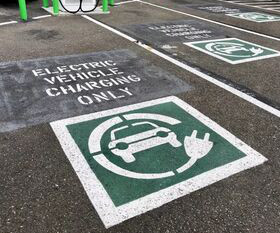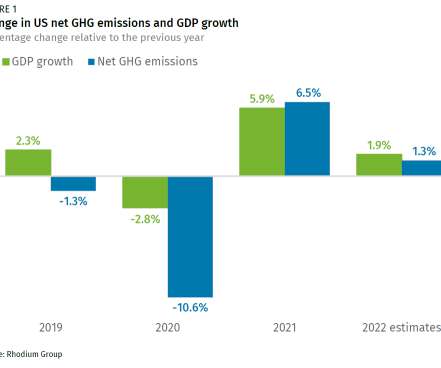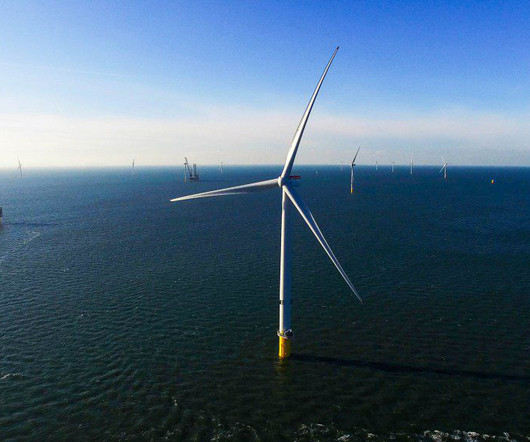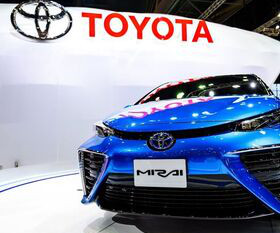DOE: US average EV CO2e/year is 4,815 lbs, vs. 11,435 lbs for average gasoline car
Green Car Congress
NOVEMBER 7, 2016
Although all-electric vehicles (EVs) produce zero tailpipe emissions, there are upstream emissions of greenhouse gases from electricity production. Using electricity production data by source and state, the DOE’s Alternative Fuels Data Center has estimated the annual carbon dioxide (CO 2 e)-equivalent emissions of a typical EV.







































Let's personalize your content